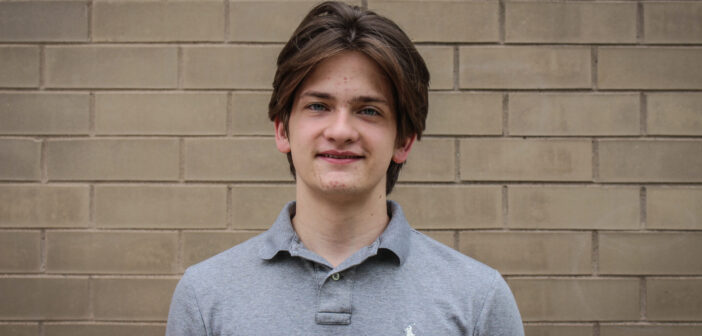It’s early December or early May and finals just ended. I’m heading home, preparing myself to participate in the same emotional cycle I experience every time I have a lengthy break ahead of me.
As I walk from the car to my front door, I can already feel my mind unraveling. In the subsequent days, I do a lot of nothing: reclining and sleeping between 10 and 13 hours a night, gradually feeling neuronal connections break down.
I typically enjoy this for no more than a week before I feel some pressure to be productive. I usually start formulating loose plans—I think I’ll try to write, try to exercise, try to fill out an application or my FAFSA.
By this time, however, I feel much too used to my new lifestyle and I rarely do any of the things I set out to do. I’ve already become so accustomed to doing nothing that doing anything feels like I’m doing everything.
I usually feel like this is OK. After all, I’m on break—there probably isn’t much for me to do anyway.
Eventually, I start wishing for school to start again—I will be busy, and much of the work will annoy me, but at least I will be moving again and simple tasks won’t feel Herculean anymore.
Toward the end of these breaks is a period that I don’t think gets enough attention: the couple weeks before school, where we are expected to slowly start the process of picking up the reins again.
We need to fill out forms, upload vaccine information, register for JOUR 010, email the bursar and bring out last year’s tax forms. I don’t understand what a W-2 is and refuse to ever do so.
To me, these little activities feel tremendously difficult to accomplish. It isn’t actually just sending an email, switching a class, re-opening Slack and picking which color notebook fits the most boring class I’ll ever take—it is rebuilding myself from an emotionally vulnerable state. That is a much bigger task.
Eventually, I get myself to do those things. The tasks are emotionally draining, so by the time I get back to school, I’m well-rested, but I already feel psychologically taxed.
There are two kinds of exhaustion: psychological and physical. I end the semester exhausted in both respects. I go home, deal with my physical exhaustion, but start the new semester still psychologically burnt out.
This is obviously a problem that will catch up with me later. When it does, it’s usually not good for my academic performance.
Just as doing work is not quite as simple as “just doing it,” since there are many ways to “do it” some better and some worse, I believe taking a break is not quite as simple as “just doing nothing.” There are ways to approach it that facilitate a healthier and more restorative process.
The problem is that I believed doing nothing was restorative. Now, I know that while it is physically restorative, it is latently psychologically exhausting.
Thankfully, I found out the solution to this issue is pretty simple: while on an extended break, I now feel free to do excruciatingly little, but try to never do nothing.
I always try to make some kind of decision. It doesn’t matter much what it is. I work out, go on a walk or develop a hobby. What matters is that I’m doing it intentionally and never letting myself fall fully into autopilot.
Doing nothing is every bit as draining as doing a lot. I now recognize it is critical to consider my physical as well as psychological state if I want my breaks to be effective.
My realization can be explained using numbers.
Doing nothing puts you at an effort level of zero, but you need to work your way up to a 10 before the new semester starts. If you’re starting from zero, getting to 10 feels like an impossible task, since 10 is indefinitely larger than zero. But, if you’re starting from two, that is a much simpler task, so mustering up the courage to do it will not be nearly as draining.
Although they’re similar (a difference of 10 versus eight), they feel completely different, and I believe it’s important that we acknowledge and honor the often strange logic of our minds.






Comment policy
Comments posted to The Brown and White website are reviewed by a moderator before being approved. Incendiary speech or harassing language, including comments targeted at individuals, may be deemed unacceptable and not published. Spam and other soliciting will also be declined.
The Brown and White also reserves the right to not publish entirely anonymous comments.